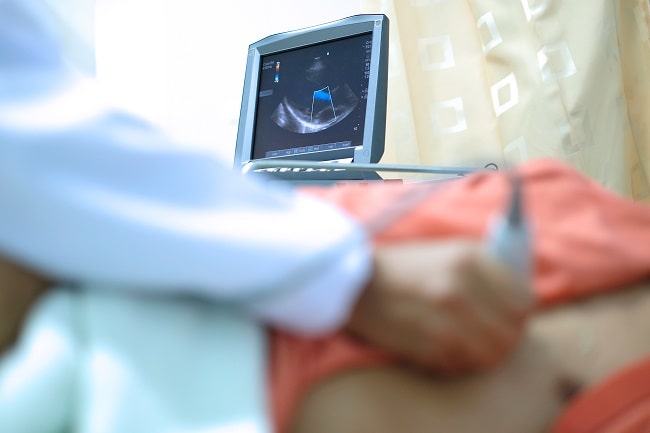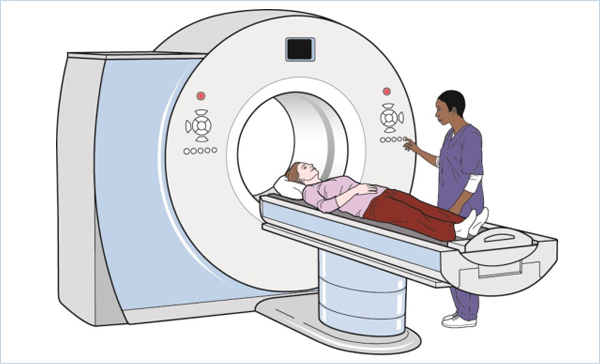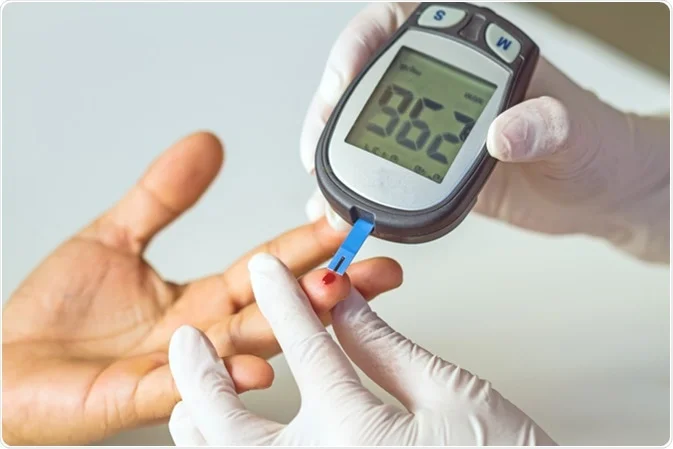
What is Echocardiography?
Echocardiography is an ultrasound examination that uses sound waves to produce images of your heart. It allows the cardiologist to record the functioning of the heart muscle and valves and examine the heart anatomy and its changes. In most cases, echocardiography is performed after a heart attack to determine the extent of damage caused to the organ. Sometimes, pregnant women are advised to undergo screening to detect heart defects in unborn babies.
From Echocardiography, one can get an idea about certain conditions such as;
- Blood clots in the Heart Chambers
- Changes in your heart size
- Abnormal Heartbeat
- Pumping Strength
- Fluids in the sac around the heart
- Issues with the aorta
- Heart valves disorders
- Pressure in the heart
- Damage to the heart muscle
- Congenital heart defects
Echocardiography is a painless procedure performed using a special probe or transducer placed on the chest wall and moved to different directions to thoroughly scan the heart. No risk is involved in the screening; only rare cases have been observed with specific echocardiography tests that use contrast before the examination.
Other Posts

5 Flu-Fighting Foods for Boosting Immunity

Instructions for CT Patients

Importance of HbA1c Testing for Diabetes

MONKEY POX - What you need to know ?




